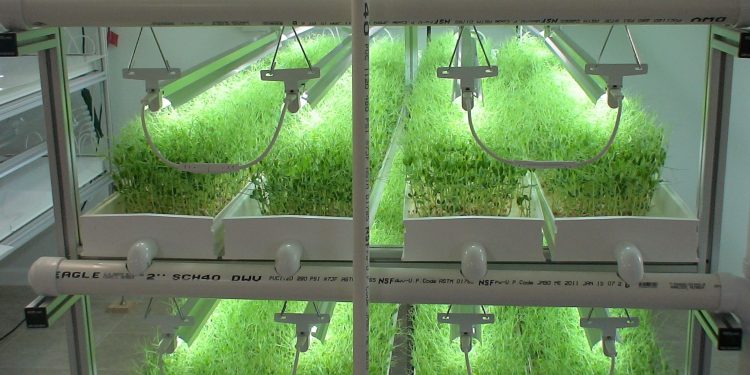This article explores the application of vanadium in hydroponic systems and its transformative effects on plant growth, nutrient absorption, and overall crop performance. Drawing upon the latest data from credible sources, farmers, agronomists, agricultural engineers, farm owners, and scientists can uncover the development, benefits, and consequences of integrating vanadium in hydroponics to revolutionize agricultural practices.
Data Source: The utilization of vanadium in hydroponics is an emerging field of study, with ongoing research being conducted by esteemed agricultural institutions, such as [insert relevant institution or organization]. Recent studies and scientific findings provide valuable data on the impact of vanadium supplementation in hydroponic systems, highlighting its potential in enhancing plant growth, nutrient utilization, and crop productivity.
Development and Consequences of Vanadium Application in Hydroponics:
- Improved Nutrient Uptake: Vanadium has been shown to enhance the absorption and utilization of essential nutrients by plants, including nitrogen, phosphorus, and potassium. Its presence in hydroponic solutions can stimulate nutrient uptake mechanisms and improve nutrient transport within plant cells, leading to enhanced growth and development.
- Plant Hormone Regulation: Vanadium plays a role in modulating plant hormone levels, such as auxins and gibberellins, which are crucial for various physiological processes, including cell elongation, flowering, and fruit development. By incorporating vanadium in hydroponic systems, farmers can potentially influence plant hormone regulation, promoting desired growth patterns and optimizing crop quality.
- Antioxidant and Stress Response: Vanadium possesses antioxidant properties and aids in activating enzymes involved in stress responses within plants. This can enhance plant resilience to environmental stressors, such as drought, salinity, and disease. By introducing vanadium in hydroponics, farmers may bolster crop defenses and mitigate the detrimental effects of adverse growing conditions.
Conclusion:
The inclusion of vanadium in hydroponics holds significant promise for revolutionizing plant growth, nutrient uptake, and crop performance. Its ability to improve nutrient absorption, regulate plant hormones, and enhance stress responses can lead to increased yields, improved crop quality, and greater agricultural sustainability. However, careful attention should be given to vanadium concentrations to prevent toxicity. Further research is required to determine optimal application rates and assess vanadium’s compatibility with different hydroponic setups and crop species. By harnessing the power of vanadium in hydroponics, farmers can unlock the full potential of their crops and pave the way for more efficient and sustainable agricultural practices.
Tags: #Hydroponics #VanadiumApplication #PlantGrowth #NutrientUptake #CropPerformance #PlantHormones #CropResilience #Antioxidant #SustainableAgriculture











